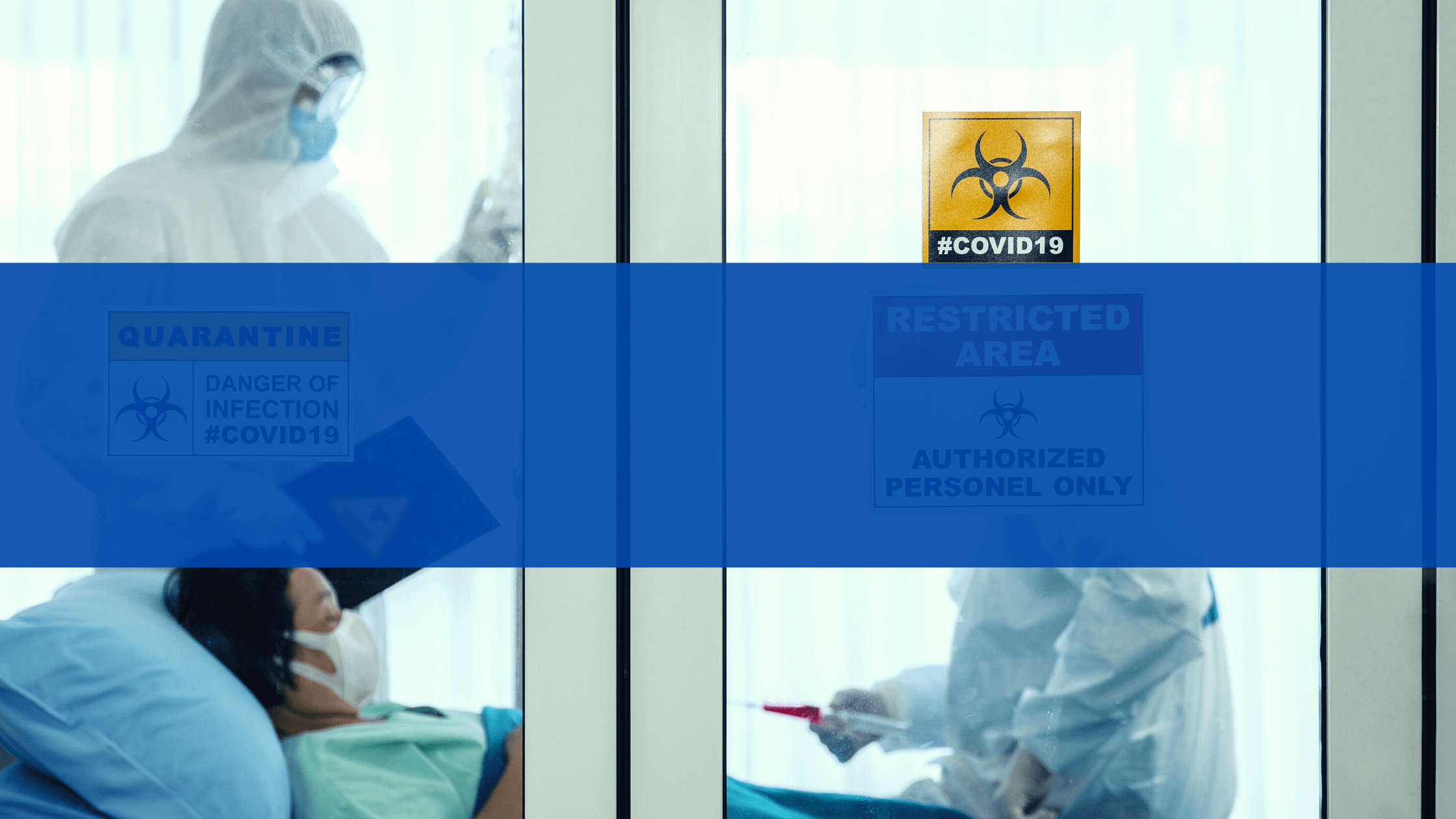Medical frontline warriors such as nursing staff and doctors are already receiving endless appreciation and gratitude from the citizens.
Dr. XYZ, Professor, and Head of Department of Infectious Diseases, Government Medical College, Kottayam shared in one of the recent interviews that how his time at work is unpredictable. “After the Corona pandemic, there are days I have gone home at midnight. But that does not mean that I am not working when I am not in the hospital. I get calls from my juniors asking doubts or to update me on the condition of my patients.”
To add perspective to this doctor’s experience, an article in the European Respiratory Journal mentioned how doctors are subjected to various competing duties under high-risk situations such as
a) duty to treat patients
b) duty to take care of themselves from the risk
c) duty towards one’s own family
d) duty towards fellow colleagues who need to be supported and lastly
e) duty towards larger society and nation
There’s a reason why these doctors are called warriors. COVID-19 pandemic has left the world to face an unprecedented crisis. Medical frontline warriors such as nursing staff and doctors are already receiving endless appreciation and gratitude from the citizens. No doubt, their role as caregivers is crucial and of utmost importance to win this battle against corona virus.
Any medical attention requires full cooperation and dedication of caregivers. Caregivers aren’t just doctors here, but everyone who is involved in the process of taking care of the patients. Along with dedication and expertise, one which improves the quality of caregiving is: empathy. Empathy put in simpler words mean ‘putting yourself in someone else’s shoes’. This is also called as perspective-taking sometimes where the empathy provider can feel what the other person is going through.
Expression of empathy by the caregiver becomes a crucial factor in the relationship of the caregiver and cared. The presence and expression of empathy help the patient feel understood and cared for. Researches have shown that high empathetic feelings in caregivers have contributed to speed recovery for the patients. Additionally, there are numerous studies that talk about the importance of empathy in nursing practice. Given the nature of COVID-19, which has become a dreaded disease today, anyone suffering through this would appreciate and welcome some bit of empathy wherein they feel understood and cared for.

Fatigue isn’t just the physical exhaustion but also what we call ‘caregiver burnout’.
During this pandemic, where the number of cases are surging every day, it is natural for medical frontline warriors to feel the fatigue they are feeling. However, this fatigue isn’t just the physical exhaustion but also what we call ‘caregiver burnout’. This simply means that after about four months of working day in and out, these warriors are likely to experience a state of physical, emotional, and mental exhaustion which is the burnout stage.
Prolonged exposure to such a burnout stage could be harmful. One could witness a change in attitude of these caregivers towards the patients wherein positive and caring attitude could change into a negative and unconcerned attitude. This also has chances to turn into ‘compassion fatigue’. Compassion Fatigue is a state where the person becomes tired and exhausted after expressing prolonged and continuous compassion/empathy towards someone. What is essential to note here is, this could affect all three kinds of empathy: behavioral, cognitive, and effective. Hence, expressing empathy, perspective-taking, and feeling what others are feeling, all of this gets impacted.
Moreover, they could also show other signs of fatigue and burnout such as lack of energy, losing interest, frequent aches, disturbed sleep/appetite, irritability, and mood swings amongst others.
This state of compassion fatigue and burnout in frontline medical caregivers calls for attention. Taking care of their mental health and well-being is essential, both for them and us. Some of the techniques which they can adapt to take care of their mental health are as follow-
- Practicing Meditation/Yoga/ Mindfulness
- Having a healthy nutritious diet
- Maintain a healthy sleep schedule
- Talking to someone about their feelings
- Take breaks whenever possible
Venting out feelings sometimes does magic. All the people reading this, if you know a frontline warrior who is working day in and out relentlessly, just talk to them. Ask them ‘how are they feeling?’ Listen to them talk about their day and emotions. Distract them from COVID related conversations and remind them every single day that they are cared for too.
Dear COVID-19 warriors,
Thank you for all the sacrifices you are making. Thank you for your time, determination, and resilience during this time. You are saving lives! You are making the world a safer place. We are with you.
Composed by: Kashish Behl

